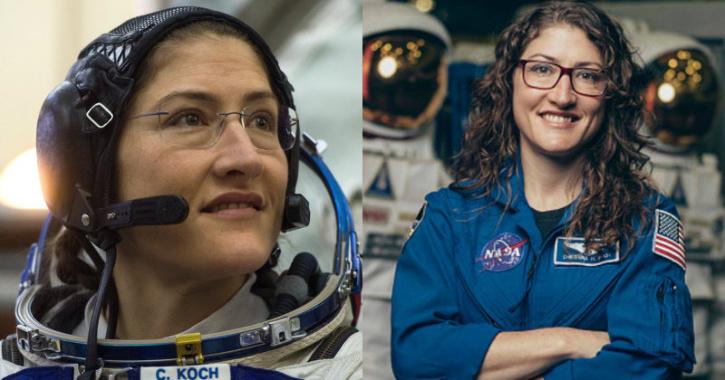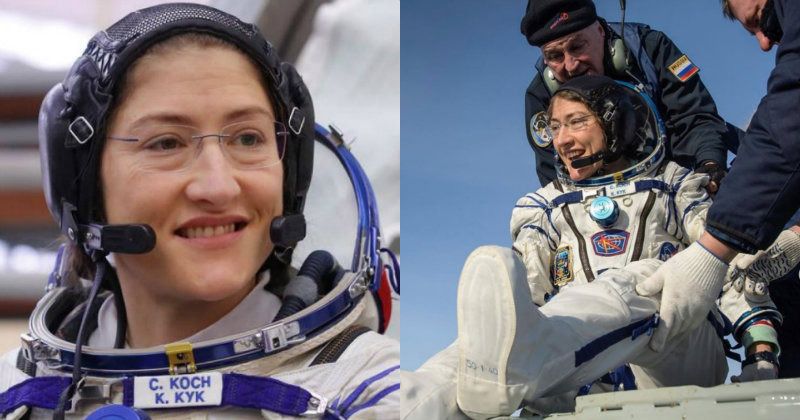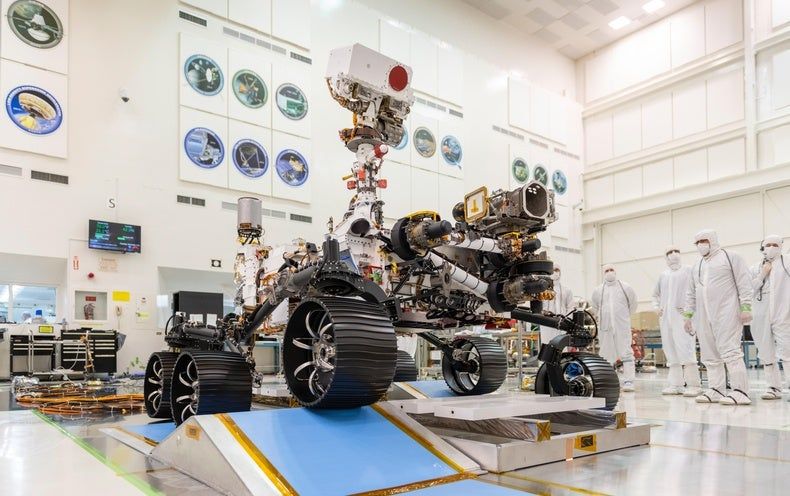There is a huge number of living things on Earth, all with their own set of characteristics and unique ways of life. All the way from the smallest ants, up to the huge giraffes and elephants, one thing that everyone has in common is that they are alive! One type of living organism is plants and trees. While they may not walk around like other organisms, or have a kidney and liver, they do actually have their own set of organs, so to speak.
While a tree definitely doesn’t have a heart, the idea that they have their own beat and sense of rhythm isn’t as far fetched as many people think. According to a study which was headed by András Zlinszky, Bence Molnár and Anders S. Barfod from Hungary and Denmark, trees do in fact have a special type of beat within them which resembles that of a heartbeat. Who would have known?
To find this hidden heartbeat, the researchers used advanced monitoring techniques known as terrestrial laser scanning to survey the movement of twenty two different types of trees. The results shocked everyone and revealed that at night, while the trees were sleeping, they often had a beat pulsating throughout their body, just as humans, and other living creatures do too.








